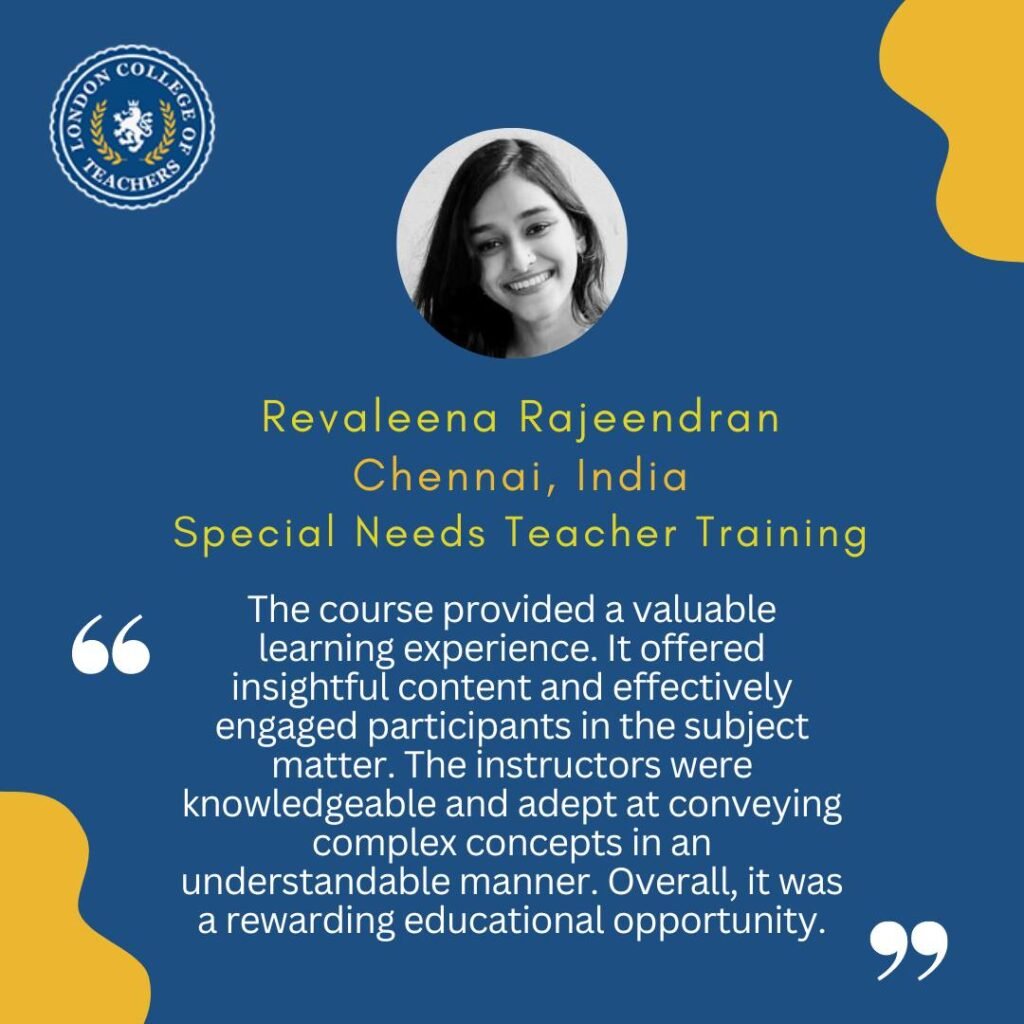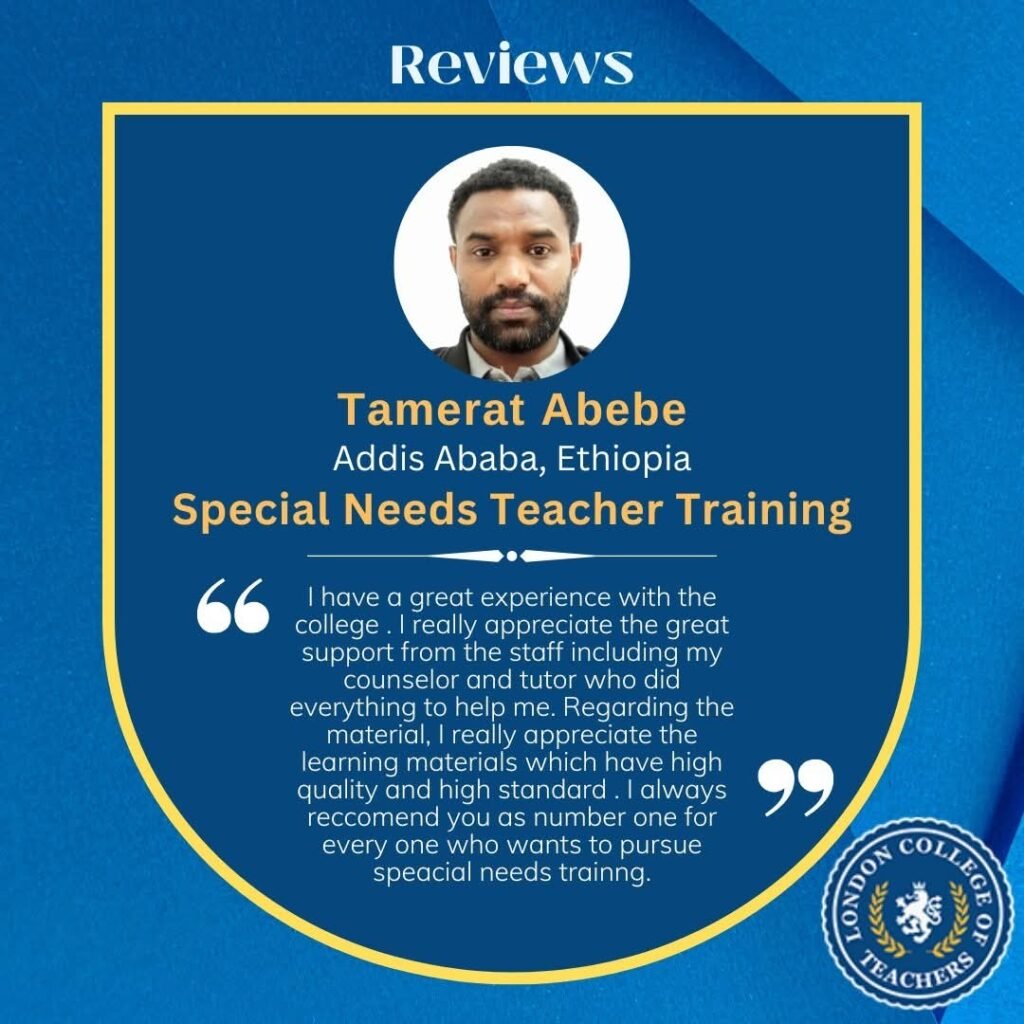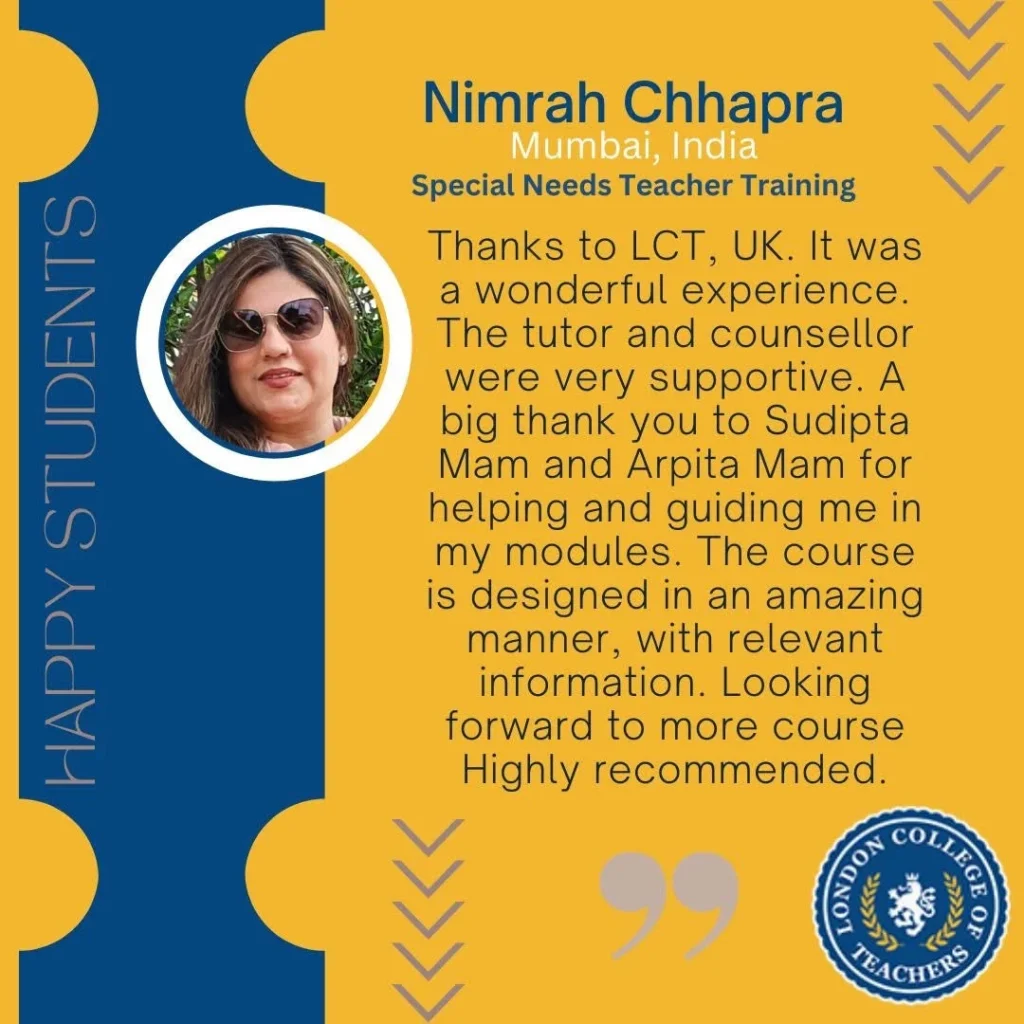Assistive Technology in Special Education: Online Courses & Resources
The field of special education is transforming rapidly, thanks to technological advancements that support diverse learning needs. Assistive technology in special education courses has become a powerful bridge between learners and accessible education. Whether it’s communication tools, adaptive software, or sensory devices, technology empowers students with disabilities to learn, interact, and thrive in inclusive environments.
What Is Assistive Technology in Special Education?
Understanding Assistive Technology
Assistive technology (AT) refers to any device, software, or tool designed to help learners with disabilities overcome barriers in learning and communication. AT ranges from simple tools like pencil grips to advanced devices like speech-generating apps, screen readers, and smartboards.
Educators who pursue special education courses online often learn how to integrate these tools into Individualized Education Programs (IEPs) and classroom instruction.
Types of Assistive Technology
Communication Tools – AAC devices, speech-generating apps
Learning Aids – audiobooks, dyslexia-friendly software, visual schedules
Physical Access Tools – alternative keyboards, switch devices, mobility supports
Sensory Tools – noise-cancelling headphones, fidget tools, sensory apps

Why Assistive Technology Matters in Modern Special Education?
Enhancing Independence
Assistive technology promotes autonomy by allowing students to express themselves, participate in class, and complete assignments with reduced dependency on others.
Improving Learning Outcomes
Students with learning disabilities, physical impairments, or communication challenges benefit from personalized tools that improve comprehension and engagement.
Encouraging Inclusion
When teachers integrate AT strategically, classrooms become more inclusive, collaborative, and emotionally supportive.

Online Courses & Resources for Assistive Technology
Benefits of Online Learning in Special Education
With flexible and affordable special needs education courses online, educators can advance their skills without disrupting professional or personal commitments.
Key Benefits
Self-paced modules
Access to global-quality resources
Practical case studies
Certification options

Online Special Education Courses
You can explore structured programs, expert-led sessions, and recognized certifications through reputable institutions offering special education diplomas.
Essential Skills You Gain from Assistive Technology Courses
Understanding Disability Categories
Learn how technology supports autism, ADHD, intellectual disabilities, sensory impairments, and physical challenges through special needs education courses.
Implementing Individualized Instruction
Courses teach educators how to integrate AT within IEPs and personalized teaching strategies.
Using Digital Tools for Inclusive Classrooms
Gain hands-on experience with software such as:
-
Screen readers
-
Speech-to-text apps
-
Learning management systems
-
Behaviour monitoring tools

Career Opportunities After Completing Special Education Courses
Jobs You Can Pursue
-
Special Education Teacher
-
Inclusion Coordinator
-
Assistive Technology Specialist
-
Learning Support Educator
-
Resource Room Teacher
-
Rehabilitation & Support Therapist

Salary Scope in India
Entry-level educators: ₹2.8–₹4 LPA
Experienced professionals: ₹5–₹9 LPA
Assistive Technology Specialists: ₹6–₹12 LPA
Salary Scope Abroad
USA: $45,000–$70,000 per year
UK: £24,000–£40,000 per year
UAE: AED 6,000–12,000 per month
Australia: AUD 60,000–90,000 per year
Frequently Asked Questions (FAQ)
Q1. What is assistive technology in special education?
Assistive technology includes devices and tools that help students with disabilities learn effectively, communicate, and participate in classroom activities.
Q2. Do I need prior teaching experience to enroll in special education courses online?
No. Many beginner-friendly special education courses online require no prior experience.
Q3. Are assistive technology tools expensive?
Not always. Many tools are free or low-cost, including popular apps, audiobooks, and digital readers.
Q4. Which is better—online or offline special needs education courses?
Both are valuable, but online special needs education courses offer flexibility, global access, and affordability.
Begin Your Journey in Special Education Today
A wide range of special education courses has been made available so that educators and aspiring professionals can build the skills needed to support diverse learners. Through online flexibility and globally recognized training, a meaningful difference can be created in classrooms and communities worldwide.


